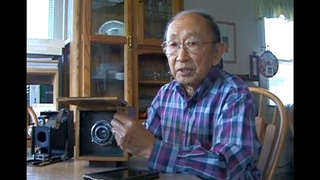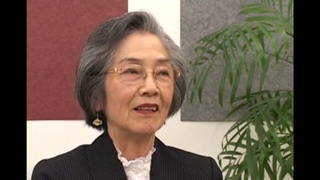Interviews
Family separated in the camps
My father became seriously ill, and I was notified that he was very, very sick, so I asked for a request to transfer to his camp [in Jerome]. By that time I had had a little baby girl, my first child born in Manzanar. I went with my daughter to see him and to be transferred. They would not allow my husband to go [with me] at that time because they [the War Relocation Authority administration] said [to him], “He’s not your father. It’s her father.” So we got split at that time and that was a very bad thing that happened in our lives. The day I reached Arkansas, the camp, my father was just being pulled away in an ambulance to go to the [camp] hospital so he got a glimpse of my daughter and that was the first and only time he saw her because he died ten days later, on Christmas morning in camp. It was a pretty bad time for us.
Date: August 26, 1998
Location: Virginia, US
Interviewer: Darcie Iki, Mitchell Maki
Contributed by: Watase Media Arts Center, Japanese American National Museum








